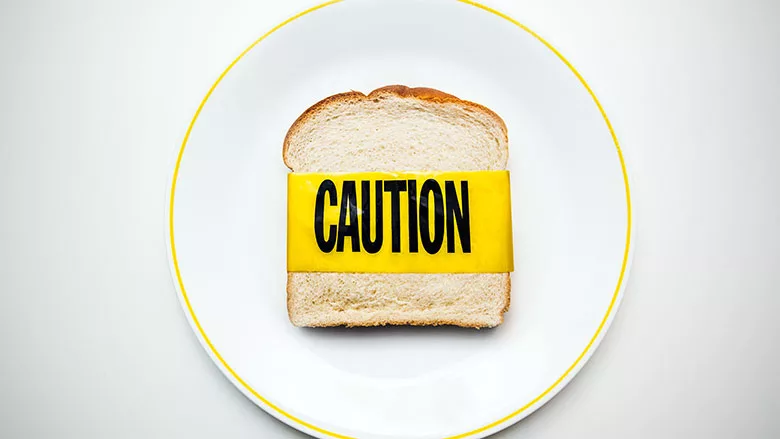New Zealand Releases Step-By-Step Recall Guidance

Credit: RyanJLane/E+ via Getty Images
The New Zealand Food Safety division of the Ministry for Primary Industries recently released its “Step-By-Step Food Recall Guidance for Food Businesses.” The document outlines what a food recall is, which entities should be involved in a recall, the timeline of recalls, and recommended recall steps. The guidance differentiates between two types of food recall: consumer level and trade level. A recall’s type affects what steps need to be taken to resolve the incident. It also states that senior decision-makers, operations, marketing and communication, and sales and distribution should all be involved in a recall.
The guidance identifies six recall steps and associates each step with a recommended timeframe and relevant regulatory requirements. The guidance allows for more time leniency with low-risk recalls than high- risk recalls. The level of risk involved with a recall depends on the seriousness of the contaminant, the reach of the affected product, and the nature of the affected product.
The six recommended recall steps include:
- Investigate the issue by gathering information, understanding the problem, identifying affected products, and holding any stock still on hand
- Inform your verifier or New Zealand Food Safety about the incident
- Assess the risk by deciding if a recall is necessary, and what type of recall (trade or consumer) should be investigated if so
- Check if New Zealand Food Safety agrees with your risk assessment and decision
- Communicate your recall decision with impacted businesses and consumers (for a consumer-level recall)
- Audit how much product was returned, and review and identify corrective actions.
New Zealand Food Safety recommends that steps 1, 2, and 3 are carried out as soon as possible—ideally within a day of the incident. Steps 4 and 5 are recommended to happen within 24 hours of the decision to recall. Step 6 is recommended to be carried out within a few weeks of the recall, which may continue for an extended period of time for complex recalls. The guidance also elaborates on the six steps by including definitions, explanations, templates, spreadsheets, examples, checklists, graphics, and other resources.
Looking for quick answers on food safety topics?
Try Ask FSM, our new smart AI search tool.
Ask FSM →









